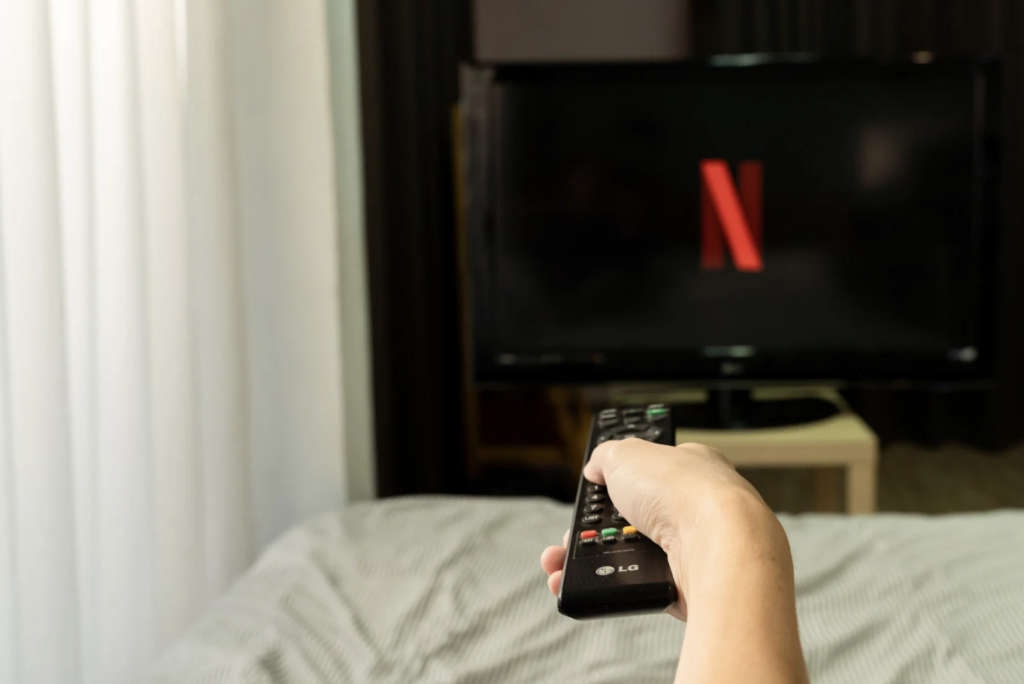
Expert urges against dangerous habit millions of people do every night when they go to bed
I bet you do it
One dangerous habit you do before bed could actually be doing a lot more harm to your body than you realise – falling asleep with the TV on.
Studies suggest that nearly two-thirds of people in the US and half of people in the UK fall asleep with the TV on, and millions swear by the background noise to help them get to sleep.
However, brain health expert Lev Fomchenkoc has warned that going to sleep with the TV can actually cause huge health problems including memory decline, mood changes, and reduced cognitive performance.
“People are mostly unaware that what feels like a peaceful way to fall asleep is actually preventing their brain from getting the deep, restorative sleep it desperately needs,” the CEO of Cosmic Nootropic, a specialised retailer of cognitive enhancers and brain health supplements, said.
The blue light stops your brain from producing melatonin, the sleep hormone that makes you feel tired. This then limits your body from completing its natural sleep cycles, which can cause huge problems.

Credit: Canva
“Think of melatonin as your brain’s bedtime alarm clock. When blue light interferes with this process, you’re not only delaying sleep, but also fragmenting the deep sleep phases where your brain does its most important repair work,” Fomchenkoc added.
It’s not just the blue light that’s an issue either. Even though your body might be asleep, your brain is still working to process the constant sound coming from the TV. Your auditory stutter remains partially active all night, which stops your brain from reaching the deepest parts of sleep which are vital for
“Your brain never truly shuts down when there’s ongoing audio stimulation. It’s like trying to defragment a computer while someone keeps clicking the mouse. The process gets interrupted before it can complete its work,” the expert said.
This disrupted sleep makes you feel groggy in the morning and slows down your brain’s processing speed, so your reaction times will be slower, making you more accident prone. As Fomchenkoc puts it: “When you’re falling asleep with the TV on night after night, you’re essentially training your brain to operate at reduced capacity.”
If you have to listen to something to fall asleep, white noise is the best option as there is no changing dialogue or sudden volume spikes, meaning your brain can still relax.
For more like this, like The Tab on Facebook.
Featured image by: Canva





















